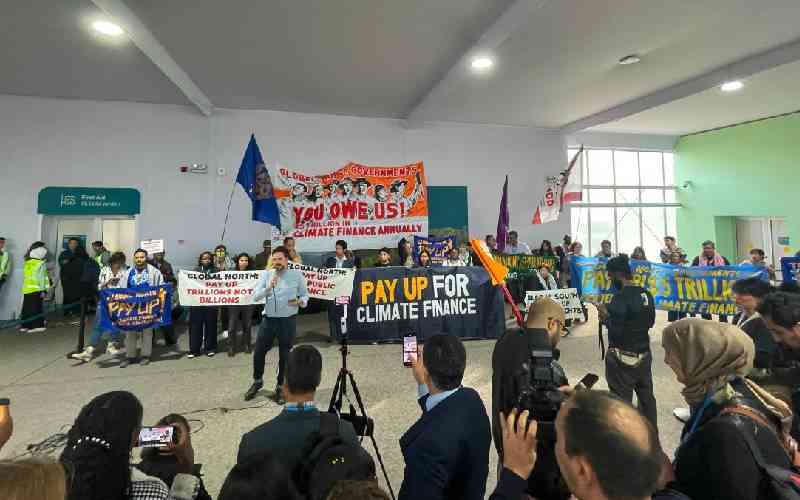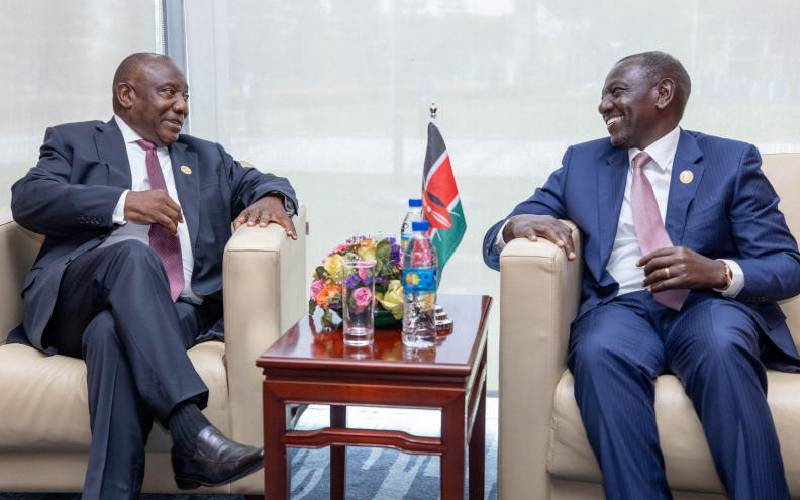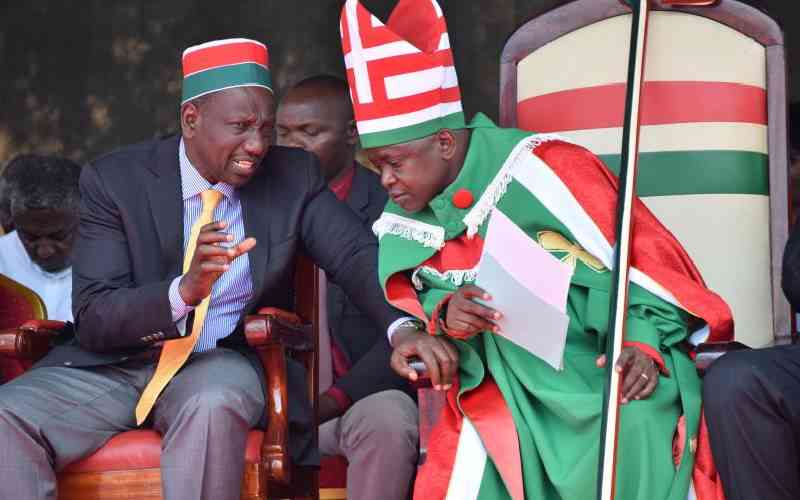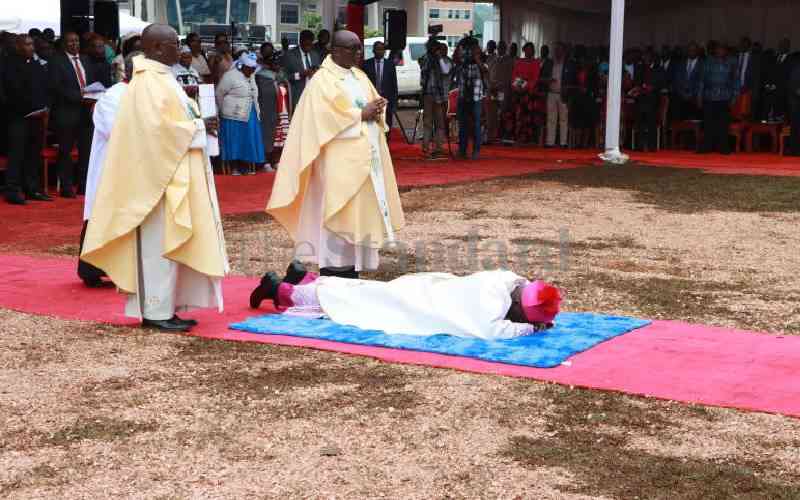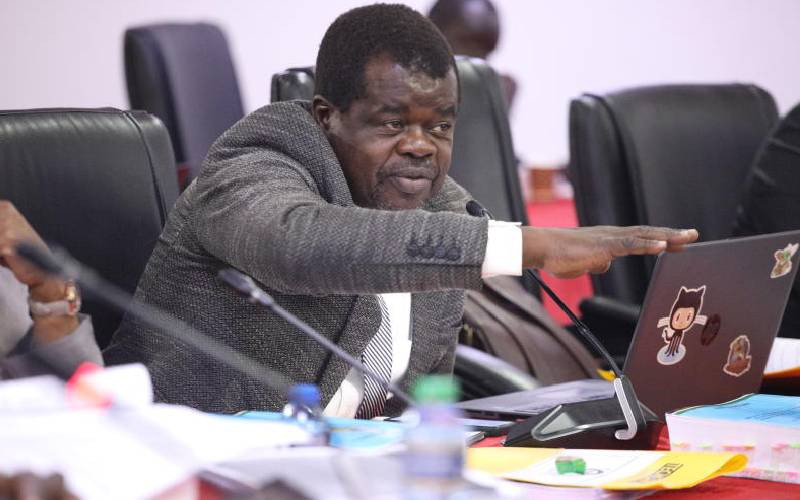By PETER WANYONYI
KENYA: The politicians like telling us that there is a “national cake” to be shared out between the various “stakeholders” — a cute word for tribes — that make up our dear country.
That they, being good leaders, are out to “ensure” that everyone “gets a fair share” of that national cake. Being politicians, we know they are lying, of course.
But the extent of the lies is never as apparent as when one group suddenly discovers that their governing partners have shortchanged them.
That the “mkate” they thought they had nabbed is in fact not even “nusu mkate”.
Such a discovery is made — and then met — with astonishing fury on the part of the cheated party, and it is not uncommon to see outright verbal violence break out when such chicanery comes to light.
Briefcase
The bit about sharing some imaginary cake is nonsense. In Kenya, the villager knows that the national cake is, in fact, shared out not with the people, but with politicians’ acolytes and briefcase businessmen.
You see, politics in Africa is a profession. And like all professions, it requires investment and networking.
In any given African country, a presidential election is just a competition of tribal head counts. But even this is not enough to win a presidency.
To become the Big Man, one needs the buy-in fat, connected businesspeople with fewer scruples than a speck of dust has. These businesspeople contribute billions to the politician’s campaign.
They know that their payback will come when the mheshimiwa becomes the president, because that is when the eating will begin.
Running mate
Some strange countries, though, have electoral systems that require both a president and his running mate to campaign.
This is where tribal headcounts are important. If the president and his deputy have the numbers required, and each gets her businesspeople to throw billions at the task, the presidency might just be in sight.
Stay informed. Subscribe to our newsletter
Eventually, the dynamic duo wins — and that is where the problems begin.
Power is sweet. In Africa, the absence of working institutions makes power even sweeter.
And since the president is the real boss, she quickly consolidates power and hands over the running and control of all key government corporations.
And that’s is where the eating happens. Her deputy is always left with nothing.
This is important, because a vice-president with money will quickly build a parallel power centre and look to take over serikali. That is why President Kiir of South Sudan fired his vice-president, Dr Riek Machar, when the latter began getting too powerful.
But in some electoral systems, you cannot fire the vice-president, so you just isolate him/her.
Within months of the election, the vice-president’s people begin getting nervous.
Having invested so much in getting her elected on the dream ticket with her boss, the VP’s people would be looking at a return on their investment.
They would be looking for fat tenders and government contracts to recoup their money.
Problem is, there won’t be any corporations left over for them to control and eat Christmas out of. They will be left to lament the broken MoU.
While the president, his money intact and his businesspeople compensated, looks for new allies for the next election.
Welcome to African politics!
 The Standard Group Plc is a
multi-media organization with investments in media platforms spanning newspaper
print operations, television, radio broadcasting, digital and online services. The
Standard Group is recognized as a leading multi-media house in Kenya with a key
influence in matters of national and international interest.
The Standard Group Plc is a
multi-media organization with investments in media platforms spanning newspaper
print operations, television, radio broadcasting, digital and online services. The
Standard Group is recognized as a leading multi-media house in Kenya with a key
influence in matters of national and international interest.
 The Standard Group Plc is a
multi-media organization with investments in media platforms spanning newspaper
print operations, television, radio broadcasting, digital and online services. The
Standard Group is recognized as a leading multi-media house in Kenya with a key
influence in matters of national and international interest.
The Standard Group Plc is a
multi-media organization with investments in media platforms spanning newspaper
print operations, television, radio broadcasting, digital and online services. The
Standard Group is recognized as a leading multi-media house in Kenya with a key
influence in matters of national and international interest.


